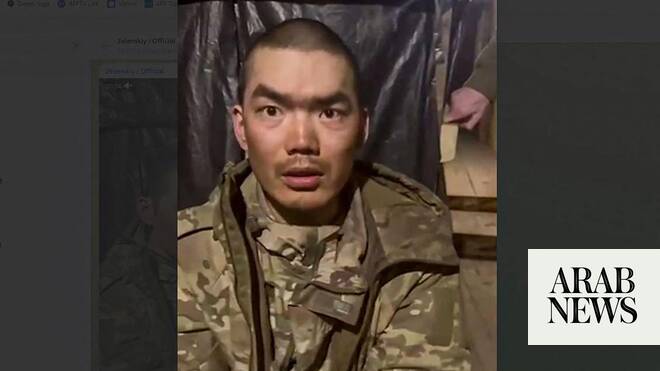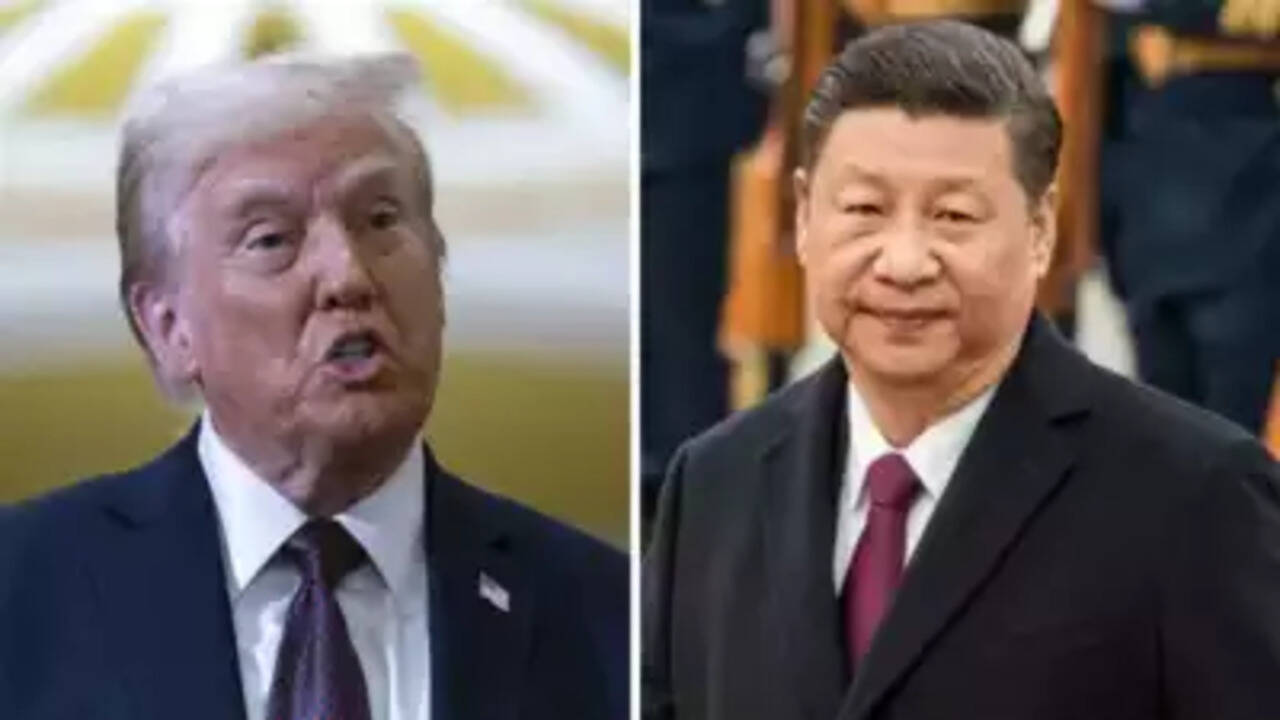Chinese Soldiers in Ukraine: Geopolitical Tensions Rise
The complex dynamics of international politics deepen as Ukraine captures Chinese nationals allegedly fighting for Russia, prompting reactions from global players.
Published April 09, 2025 - 00:04am

Image recovered from arabnews.com
Recent developments in the Russia-Ukraine conflict have taken an unexpected turn with Ukraine capturing two Chinese nationals allegedly fighting alongside Russian forces. Ukrainian President Volodymyr Zelensky announced this week that Ukrainian troops captured these individuals in the Donetsk region, raising questions about Beijing's role in the ongoing war.
The arrest of Chinese nationals has led to a diplomatic conundrum, with Ukraine demanding explanations from China. Zelensky expressed concerns about China's involvement, characterizing it as a significant escalation in the conflict. In light of these events, Zelensky has called for swift reactions from international allies, including the United States and European nations, urging them to respond to what he perceives as China's indirect participation in the war.
The political backdrop of this situation is China's declared stance of neutrality in the conflict. Despite this, Beijing's 'no limits' partnership with Moscow and burgeoning economic ties have drawn criticism from Western nations, particularly as NATO members label China a 'decisive enabler' supporting Russia's geopolitical agenda. Nonetheless, Beijing maintains it has not supplied lethal aid to Russia, a claim echoed by various international observers.
The captured Chinese individuals reportedly signed contracts with the Russian army, according to a Ukrainian official. The administration in Kyiv has emphasized that the extent of Chinese involvement remains unclear. With ongoing investigations by Ukraine's security services, foreign ministerial discussions have been initiated to clarify China's position.
Adding another layer to the geopolitical strife, Kyiv has highlighted that China could become the third nation, following Iran and North Korea, to extend military support to Moscow. While China refrains from providing direct military hardware, its economic backing through energy and trade relations with Russia exacerbates tensions.
This development complicates already stagnant peace negotiations. Efforts by prominent leaders, including a recent dialogue between U.S. President Donald Trump and Russian President Vladimir Putin, have yet to yield a viable ceasefire. Whilst Trump pushes for a resolution, Moscow's actions, coupled with involvement from foreign soldiers, demonstrate a persistent search for military rather than diplomatic solutions.
The global response, particularly from the United States and European allies, will be crucial in determining future dynamics of the conflict. Ukraine's appeal to international partners underscores the increasingly intertwined nature of global geopolitics, wherein the war's resolution is contingent not only on direct participants but also on broader international engagement.
This situation amplifies concerns about the implications of foreign involvement in regional conflicts. As China navigates its delicate balance in foreign policy, its association with Russia in Ukraine underscores broader strategic ambitions, hinting at evolving power dynamics in a multipolar world order.
While Ukraine continues to secure its territory against Russian advances, international mediation attempts gain urgency. Zelensky's recent diplomatic moves, including the appointment of a new ambassador to China, signify Kyiv's strategic pivot towards engaging key global powers amid this complex geopolitical landscape.






